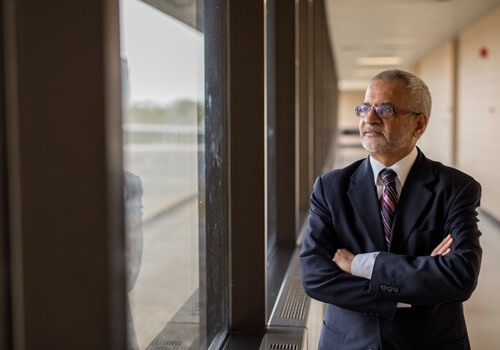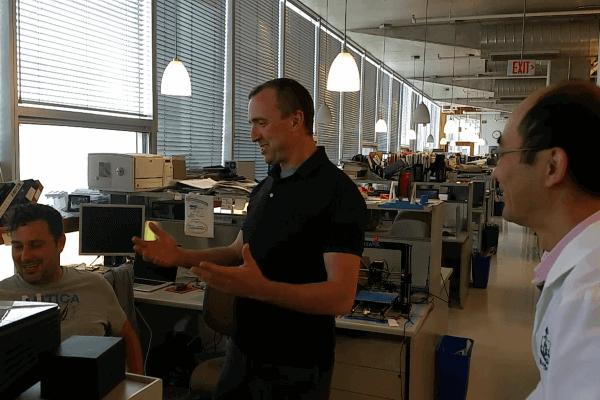The Campaign for the World-leading BARLO MS Centre
St. Michael’s work in multiple sclerosis is legendary. Thanks to our $42-million campaign to build the world-leading BARLO MS Centre, it is about to be revolutionary.
St. Michael’s MS clinic began in 1981, and it’s now the largest MS clinic in North America and one of the top five MS centres in the world. Our renowned neurologists inform science and medical practice around the globe.
Now we have the chance to do what was once unimaginable: catapult MS research to a whole new sphere of progress and break the back of a disease that has proven intractable.
... read more








